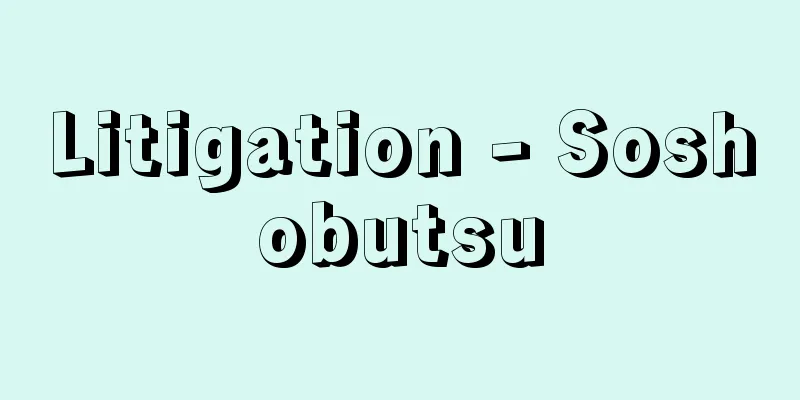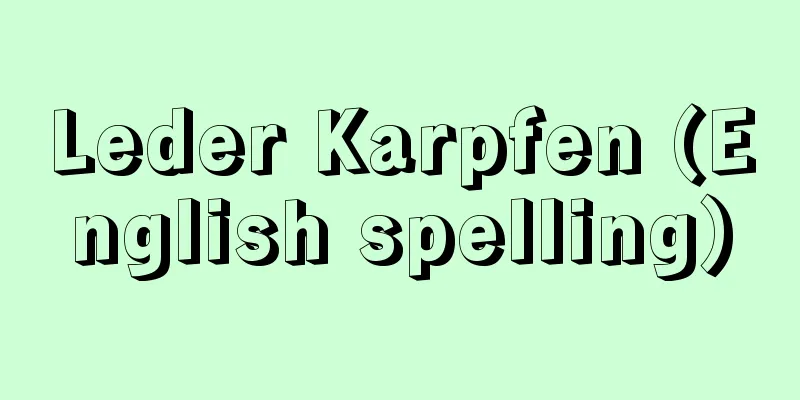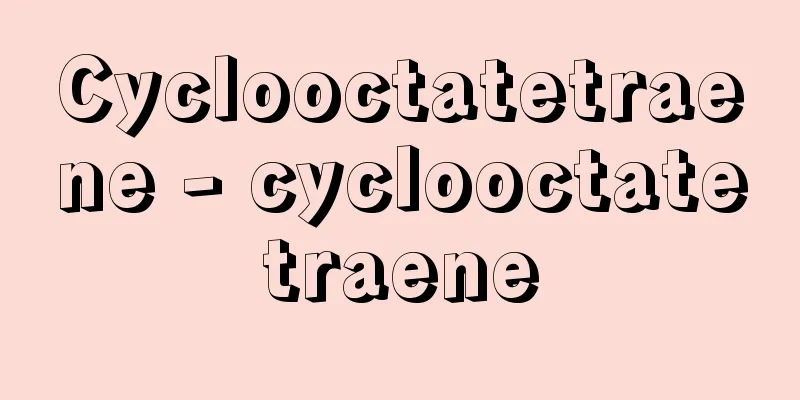Litigation - Soshobutsu

|
The subject of a particular lawsuit is called the "object of the lawsuit." This term is primarily used in civil lawsuits, but in criminal lawsuits it corresponds to the facts of the indictment or the charges. The expression "subject matter of litigation" was used in the old Civil Procedure Code, and although the current code refers to it as the purpose of litigation, many academic theories still use the term "subject matter of litigation." Thus, the subject matter of litigation is the specific legal claim that the plaintiff makes in his lawsuit and seeks a court review and judgment on its validity. In principle, it is a private law right or legal relationship that is reviewed and judged in a specific lawsuit because there is a dispute between the parties. In academic terms, this is also called a "litigation claim," and is indicated by the "purpose and cause of the claim" (Civil Procedure Code, Article 133, Paragraph 2) that the plaintiff describes in the complaint he submits to the court. Therefore, the subject matter of litigation can be said to be the right or legal relationship within the scope and limit that the plaintiff subjectively links to specific facts and seeks a review and judgment on. The content of the litigation review is to clarify whether the subject matter asserted by the plaintiff exists objectively and concretely, and as a result, the validity of the plaintiff's claim is judged. At this time, the subject matter of litigation is also the subject of judgment. [Takeyoshi Uchida and Tetsuo Kato] [Reference] | | | | |Source: Shogakukan Encyclopedia Nipponica About Encyclopedia Nipponica Information | Legend |
|
特定の訴訟における審理・判決の対象を「訴訟の目的」あるいは「訴訟物」という。おもに民事訴訟上の用語であるが、刑事訴訟では公訴事実または訴因がこれにあたる。 訴訟物という表現は旧民事訴訟法上で用いられたものであり、現行法典ではそれを訴訟の目的といっているが、現在でも多くの学説は訴訟物の語を慣用している。そこで、訴訟物とは、原告が訴えによって、その当否につき裁判所の審理・判決を求める具体的な法律的主張とされている。それは、原則として当事者間に争いがあるため、特定訴訟において審理・判決される私法上の権利または法律関係のことである。これを講学上「訴訟上の請求」ともいい、原告が裁判所へ提出する訴状に記載する「請求の趣旨及び原因」(民事訴訟法133条2項)によって示される。したがって、訴訟物は、原告が主観によって具体的事実に結び付けて審理・判決を求める範囲・限度における権利または法律関係ということができる。そして訴訟物として原告が主張するそれが客観的・具体的に存在するか否かを明確にすることが、訴訟審理の内容となり、その結果、原告の請求の当否が判断される。このとき訴訟物は判決の対象ともなる。 [内田武吉・加藤哲夫] [参照項目] | | | | |出典 小学館 日本大百科全書(ニッポニカ)日本大百科全書(ニッポニカ)について 情報 | 凡例 |
Recommend
Public Advertiser
…the first of many anonymous letters published in...
Preservation act - Preservation act
A type of management act. The act of maintaining t...
Utsuritsu
In Chinese legend, he is one of the brother gods w...
Cavallino, B. (English spelling) CavallinoB
…This area was especially famous for its Spanish-...
Caterpillar Wasp - Caterpillar Wasp
…There are many species, and they parasitize almo...
Three Lives Theory - Sanmeisetsu
A Chinese theory that says there are three types o...
Sangaku - Sangaku
A form of miscellaneous art that includes acrobat...
Title - Igo
Rank and name. See the entry for "rank" ...
Sakuma Dam
The dam holds back the Tenryu River between Sakum...
Landing ship - amphibious warfare ship
A general term for ships used exclusively to land...
Pressure casting method
Vacuum casting is a process that involves the cas...
Oni Mitsuba - Oni Mitsuba
…A perennial plant of the Umbelliferae family tha...
Guardian - Shugodai
The personal deputies of the medieval shugo. They...
Principal component analysis - Principal component analysis
It is abbreviated as PCA. It is a multivariate ana...
Rain
…Since the days of the naval port, the area aroun...









